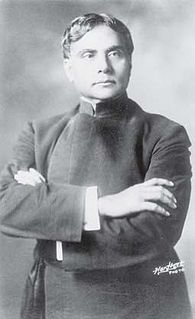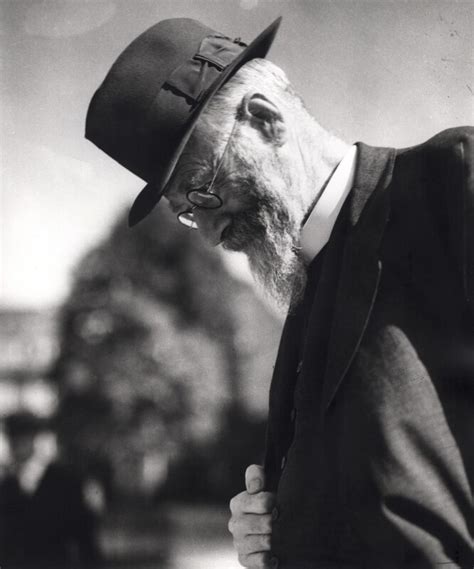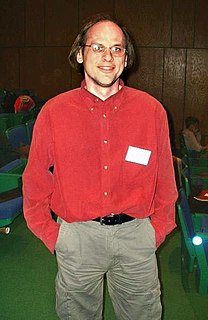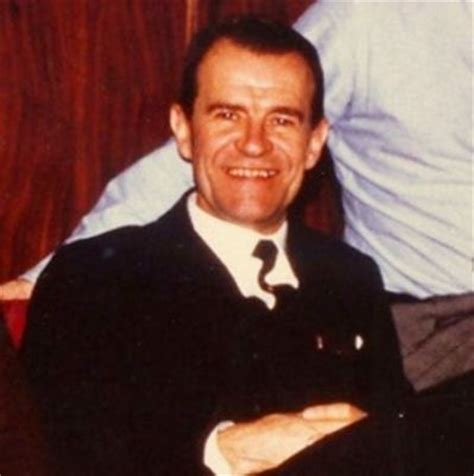A Quote by Swami Abhedananda
The argument advanced by the supporters of the theory of hereditary transmission does not furnish a satisfactory explanation of the cause of the inequalities and diversities of the universe.
Related Quotes
When confronted with a demand that the universe have a cause, infidels have usually pointed out that God was not much of an explanation. This is true enough, but not really a positive argument. After mechanistic explanation became popular, infidels liked to restrict causality to the chain of causes in an eternal material universe, pointing out that no supernatural cause was then necessary. Plausible, but still rather defensive. Today's skeptic can do better. In all likelihood, the universe is uncaused. It is random. It just is.
The argument from design is ultimately an appeal to miraculous causes, i.e., causes that do not, and cannot, occur in the natural course of events. This is why an explanation via design is not a legitimate alternative to scientific and other naturalistic modes of explanation. To refer to a miraculous cause is to refer to something that is inherently unknowable, and this sanctuary of ignorance explains nothing at all. However much it may soothe the imagination of the ignorant, it does nothing to satisfy the understanding of a rational person.
The sole argument generally given to justify this picture of the world is that perturbative string theories have a massless spin two mode and thus could provide an explanation of gravity, if one ever managed to find an underlying theory for which perturbative string theory is the perturbative expansion.
Someone once said that if you sat a million monkeys at a million typewriters for a million years, one of them would eventually type out all of Hamlet by chance. But when we find the text of Hamlet, we don't wonder whether it came from chance and monkeys. Why then does the atheist use that incredibly improbable explanation for the universe? Clearly, because it is his only chance of remaining an atheist. At this point we need a psychological explanation of the atheist rather than a logical explanation of the universe.
If you have evidence that C1 is a cause of E, and no evidence as to whether C2 is also a cause of E, then C1 seems to be a better explanation of E than C1&C2 is, since C1 is more parsimonious. I call the version of Ockham's razor used here "the razor of silence." The better explanation of E is silent about C2; it does not deny that C2 was a cause. The problem changes if you consider two conjunctive hypotheses.
[Theory is] an explanation that has been confirmed to such a degree, by observation and experiment, that knowledgeable experts accept it as fact. That's what scientists mean when they talk about a theory: not a dreamy and unreliable speculation, but an explanatory statement that fits the evidence. They embrace such an explanation confidently but provisionally - taking it as their best available view of reality, at least unil some severely conflicting data or some better explanation might come along.
It is commonly said that if rational argument is so seldom the cause of conviction, philosophical apologists must largely be wasting their shot. The premise is true, but the conclusion does not follow. For though argument does not create conviction, the lack of it destroys belief. What seems to be proved may not be embraced; but what no one shows the ability to defend is quickly abandoned. Rational argument does not create belief, but it maintains a climate in which belief may flourish.


































